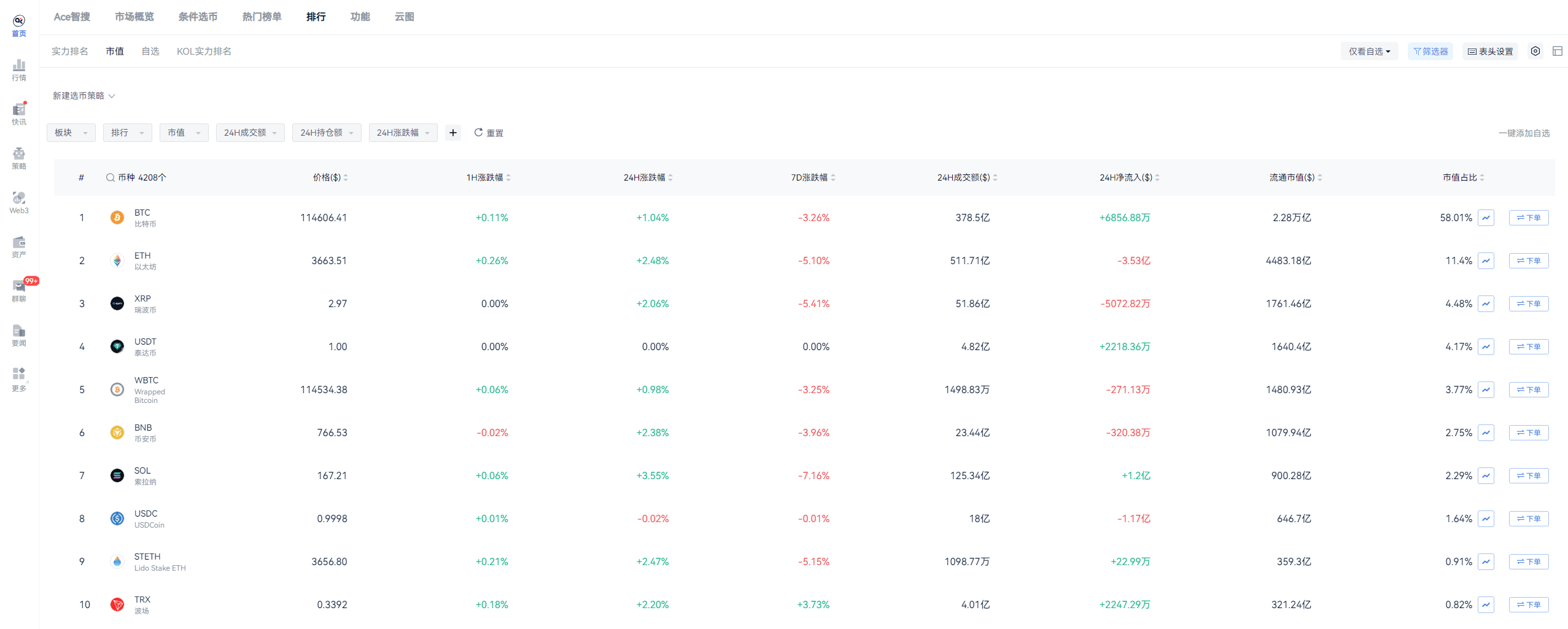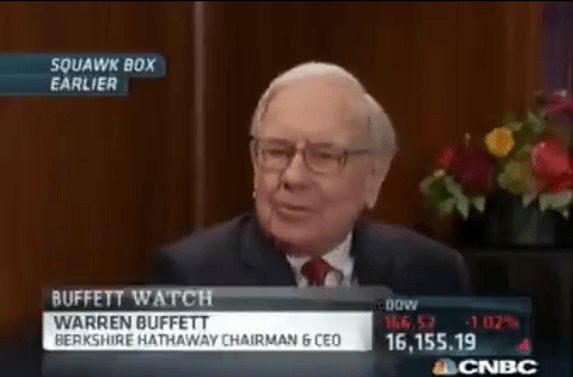Against the backdrop of increased market volatility in 2025, investment legend Warren Buffett continues to adhere to his "cash is king" conservative strategy, but has thus missed huge opportunities. According to the latest analysis, if Berkshire Hathaway had allocated 5% of its cash reserves to Bitcoin, the company could have made a profit of about $850 million in the first half of the year. This figure stems from Bitcoin's 16.85% rise so far this year, far exceeding Berkshire stock's 3.6% increase, as well as the performance of its major holdings like Apple, American Express, and Coca-Cola.
Conservative Fortress and Potential Costs
As of June 2025, Berkshire Hathaway, led by Buffett, holds over $189 billion in cash reserves, primarily invested in short-term government bonds and low-yield instruments. This massive cash accumulation stems from Buffett's cautious philosophy: cash provides flexibility, allowing for rapid deployment of funds to acquire quality assets during market lows. In the first half of 2025, Berkshire reported cash and equivalents of $344 billion, placing the company in a safe position during economic uncertainty (such as expectations of Fed rate cuts and geopolitical risks). However, this strategy also means funds are idle in low-return assets, with an average yield of only about 4%-5%, significantly below inflation and market averages.
Analysis shows that if Berkshire had invested 5% of its cash (about $9.45 billion) in Bitcoin at the beginning of the year, it would have generated nearly $850 million in unrealized gains by early August. This is based on Bitcoin's rise from about $89,100 at the start of the year to its current price of about $114,500, a gain of 16.85%, maintaining a leading position in the crypto market. In contrast, Berkshire's stocks increased by only 3.6%, with its top holdings like Apple up about 5%, American Express up 6%, and Coca-Cola up 4%. Bitcoin not only outperformed these blue-chip stocks but also exceeded the S&P 500 index's 7.5% gain. This opportunity cost underscores the price of Buffett's avoidance of crypto assets: cash, while safe, seems passive in the face of high-growth opportunities.

Buffett's preference for cash is not new. As early as 2014, when Bitcoin surpassed $600, he criticized it as 'not meeting the definition of money'; in 2018, he dismissed Bitcoin as 'rat poison squared,' predicting its dismal outcome. At the 2025 shareholders' meeting, he softened his rhetoric, admitting that 'some hold other currencies,' but still claimed Bitcoin 'will not become a lasting unit of value.' This philosophy kept Berkshire away from the 2022 crypto bear market but also led to missing out on Bitcoin's recovery. Currently, the Fed's expectations of three consecutive rate cuts are stimulating risk assets, and Bitcoin's role as an inflation hedge is increasingly prominent, placing Buffett's strategy under greater scrutiny.

From Speculation to Mainstream Hedging Tool
In 2025, Bitcoin's price rebounded from a low at the beginning of the year, trading at about $118,400 in early August, maintaining resilience despite a 1.2% decline. Data shows that Bitcoin's year-to-date return is 16.85%, far exceeding traditional assets. This is attributed to institutional inflows: net inflows into spot ETFs exceeded $20 billion, and MicroStrategy's holdings reached 628,700 Bitcoins. In contrast, Berkshire's cash yield is only slightly above inflation, highlighting the potential of digital assets in diversification.
Bitcoin's performance is not isolated. In the first half of 2025, it outperformed Apple (5%), American Express (6%), and Coca-Cola (4%), which are Berkshire's core holdings. Macro factors like the Fed's interest rate cuts and geopolitical tensions are driving investors to Bitcoin as 'digital gold'. On the X platform, users sarcastically criticize Buffett for 'choosing fiat over crypto' and point out that Satoshi Nakamoto's wallet is worth over $131 billion, surpassing Buffett's personal wealth. This comparison highlights the opportunity cost: cash, while stable, lags in high-growth cycles. Matrixport predicts Bitcoin will reach $160,000 by the end of 2025; if true, Berkshire's missed opportunities will further amplify.
Limitations of Traditional Investments
Berkshire's Q2 report shows no stock buybacks and record cash reserves. This reflects Buffett's patience: waiting for undervalued assets. However, in an AI and crypto-driven bull market, such waiting could come at a high cost. Value investors like Bill Smead agree with Buffett, claiming cash outperforms in recessions, but acknowledge that tech stocks have left Berkshire lagging.
Balancing Conservatism and Innovation
Warren Buffett's Case Warning: Cash is King, though Stable, is Not Omnipotent. In the uncertain environment of 2025, moderate exposure to digital assets can enhance returns, but risk must be controlled. Recommendation: Monitor Bitcoin's support at $112,000; if it breaks, shift to defense; diversify into ETFs to avoid leverage. In the long term, Bitcoin's role as an inflation hedge strengthens, but volatility is high. Investors should assess coolly: opportunities often lie within risks, and rational decision-making is essential to avoid pitfalls. This event is not only a personal strategy dispute but also a signal of a shift in investment paradigms.
This article is for information sharing only and does not constitute investment advice for anyone.
Join our community to discuss this event
Official Telegram Community: t.me/aicoincn
Chat Room: Wealth Group





